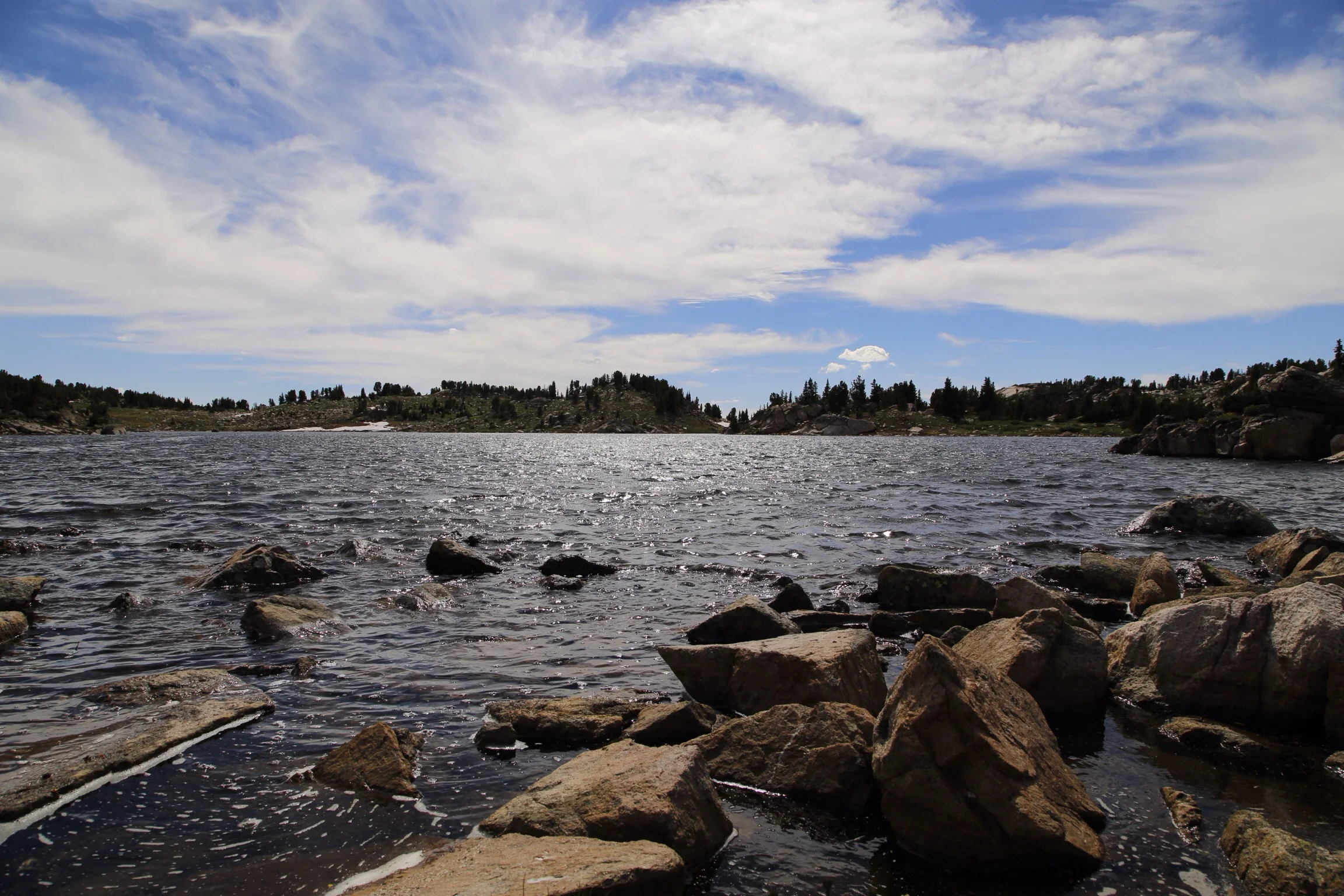Impacts of changing river flow and temperature on salmonfly productivity and terrestrial subsidy
A variety of factors, including climate change and damming, are altering natural flow and temperature regimes in Montana’s rivers, with widespread implications for the animals that live in freshwater habitats. Macroinvertebrates serve as a key component of river food webs and support Montana’s culturally and economically critical fisheries. Macroinvertebrates are sensitive to changes in river flow and temperature because their life cycle stages are tightly coupled with discharge and temperature levels. In collaboration with fisheries biologists at Montana Fish Wildlife and Parks and the Bozeman Fish Technology Center, Dr. Albertson and a graduate student will investigate the impacts of changing late summer flows and increasing temperature on salmonfly (Pteronarcys californica) larvae and the density and timing of adult emergence hatches in the Madison and Gallatin Rivers. This research will use a combination of field surveys of natural populations and laboratory experiments that manipulate water discharge and temperature to investigate how shifting water resources are linked to Pteronarcys productivity.
Dr. Lindsey Albertson is an assistant professor in the Ecology Department at Montana State University. To learn more about her research, please visit her website.

